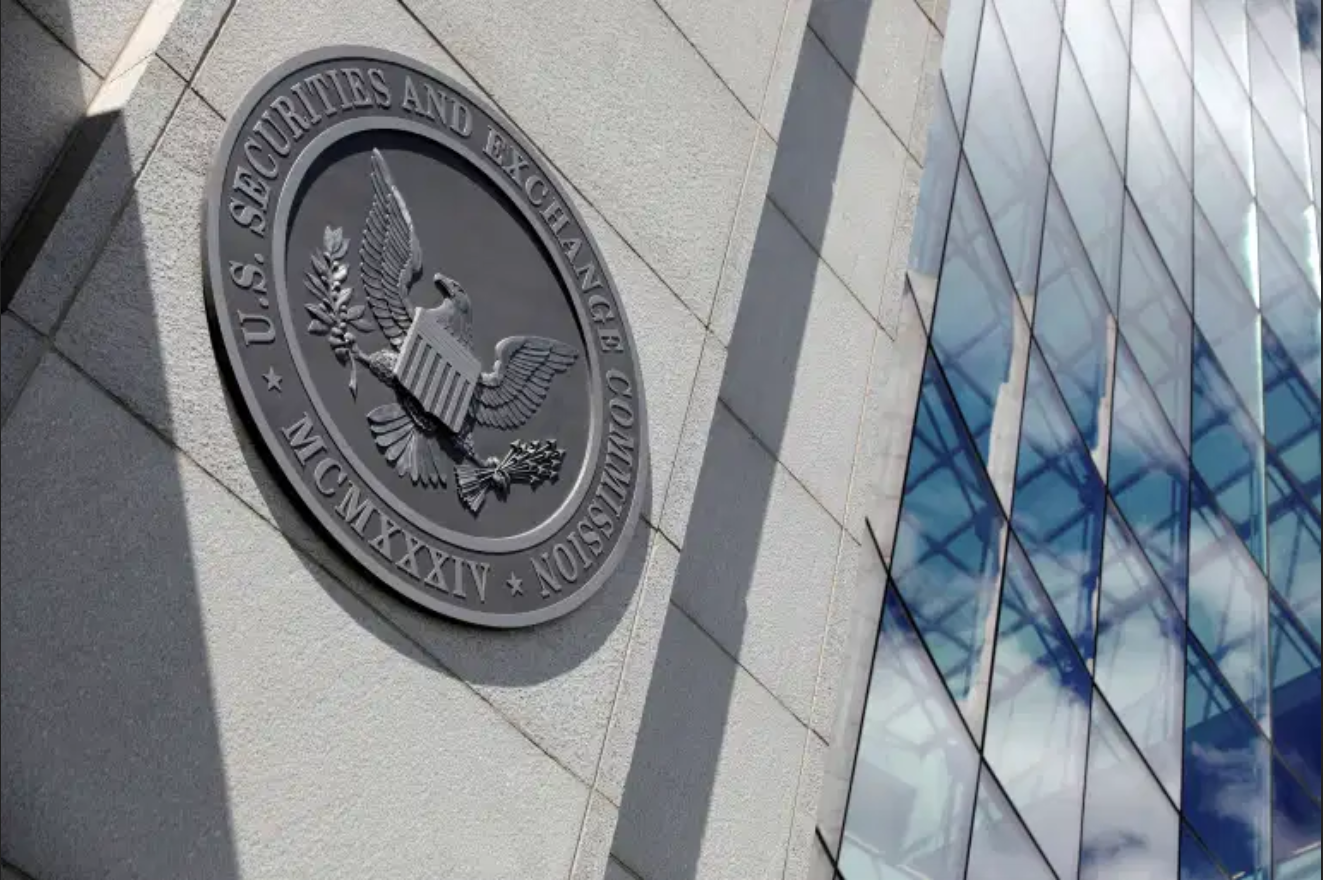U.S. SEC Investigates decentralized crypto exchange Developer Uniswap Labs: Report

The U.S. Securities and Exchange Commission (SEC) is reportedly investigating Uniswap, the world's largest decentralized cryptocurrency exchange, the Wall Street Journal reported Friday. According to a WSJ report, the SEC is seeking information on how investors use the trading platform and how it is marketed. The SEC declined to comment, saying the agency does not confirm or deny the investigative reports.
An Uniswap spokesperson told WSJ that the firm is "committed to complying with the laws and regulations governing our industry and to providing information to regulators that will assist them with any inquiry."
Uniswap is a decentralized cryptocurrency marketplace that operates in the DeFi, peer-to-peer system, which does not rely on any central financial intermediary, where transactions are not routed through a centralized system such as a bank or brokerage. The third version of Uniswap was launched in May 2021 and is currently the largest decentralized exchange in the industry, In the last 24 hours alone, it has commanded more than $1.5 billion in exchange volume, according to CoinGecko data.
While the investigation is reportedly "in its early stages and may not produce any formal allegations of wrongdoing," it comes hot on the heels of SEC Chairman Gary Gensler's comments about the burgeoning DeFi industry.
The investigation however appears to be in its early stages and may not result in any formal charges of wrongdoing, according to the report. However this case turns out regulators will never be able to shut down DeFi smart contracts like Uniswap, they could however make transactions on DeFi illegal.
The SEC took aim at Uniswap in the midst of growing regulatory interest in cryptocurrencies and the digital asset market, with Chairman Gary Gensler speaking to the WSJ last month and calling on regulators to give the SEC more power to oversee DeFi platforms, which are not regulated in the U.S.

